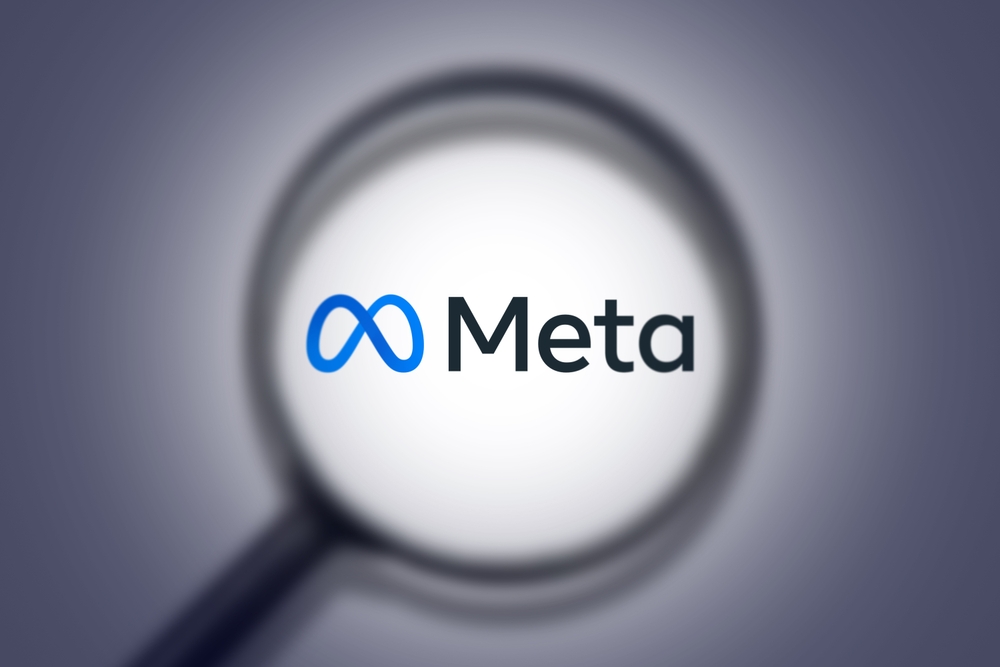The Federal Trade Commission’s (FTC) antitrust lawsuit against Meta has officially entered the courtroom. The agency is relying heavily on internal emails and letters written over a decade ago by Mark Zuckerberg and other executives to build its case. According to Meta, the FTC’s claims are rooted in outdated materials that do not reflect the current realities of the market or the competitive environment.
At the center of the FTC’s argument is a 2012 email in which Zuckerberg discussed acquiring Instagram to “neutralize a dangerous competitor.” Another email references WhatsApp, with Zuckerberg stating: “[Facebook] Messenger will beat WhatsApp. Instagram grew so fast that we had to buy them for $1 billion <..> that’s not quite the same as eliminating them.” These and similar documents are being used to support the FTC’s claim that Meta has pursued a “buy rather than compete” strategy, designed to eliminate threats to its dominance in the social media space.
The FTC will attempt to show that Meta would not have achieved its current market dominance without the acquisitions of Instagram in 2012 and WhatsApp in 2014. It also pointed to Meta’s failed $6 billion attempt to purchase Snapchat as part of the same pattern. In that case, Zuckerberg warned that if details of the bid leaked, the company should be prepared for “all the negative that will come from it.”

High-Stakes Testimony and Legal Challenges
Mark Zuckerberg has been called to testify in court, with questioning expected to last about seven hours. During this time, he will need to address questions not only about the emails but also about broader business practices and acquisition strategies. The court is taking a close look at how past decisions reflect Meta’s competitive posture, and whether these decisions violated antitrust law.
Meta, for its part, argues that the FTC’s case is flawed on several levels. The company says the documents in question simply reflect internal discussions and concerns about competition—common in any business setting—and not definitive proof of illegal conduct. According to Meta, the FTC has not presented concrete evidence of anticompetitive effects resulting from these acquisitions.
Additionally, the company argues that the FTC is using an outdated and narrow definition of the social media market. In Meta’s view, the agency fails to account for other significant competitors such as TikTok, YouTube, X (formerly Twitter), and LinkedIn. Because many of these platforms are free to use, legal experts suggest that demonstrating consumer harm in a traditional antitrust framework may be challenging. The court has already signaled that the agency must work hard to justify its interpretation of the market and the consequences of Meta’s acquisitions.
Notably, it’s rare for courts to attempt to undo mergers that were approved and completed so long ago. Legal analysts emphasize that the FTC will need to provide substantial evidence that these purchases continue to have harmful effects on market competition today.
The trial is expected to last around eight weeks. However, key witnesses—including former Facebook Chief Operating Officer Sheryl Sandberg and Instagram co-founder Kevin Systrom—are scheduled to testify in the very early stages of the proceedings. These testimonies could prove critical in shaping how the court views the historical intent behind the acquisitions.
Broader Implications and Public Access
All documents and evidence presented during the trial will be published on a website managed jointly by Meta and the FTC, ensuring public transparency throughout the proceedings. The FTC continues to assert that Meta purposefully overpaid for both Instagram and WhatsApp with the goal of preserving its dominance in social networking. According to the agency, after acquiring these companies, Meta weakened them by reducing privacy protections and increasing the volume of advertising—a move that, in the FTC’s eyes, reflects the harm done to users and competitors alike.
Meta strongly disputes this interpretation. The company claims that, far from being downgraded, Instagram and WhatsApp have been significantly improved since the acquisitions. With billions invested in infrastructure, development, and safety features, Meta argues the platforms are now more robust, secure, and user-friendly than they were in their early days. Ads, the company says, can be ignored or scrolled past quickly, and they fund continued innovation.
One example Meta uses to argue that competition remains vibrant is a brief incident from January. When TikTok experienced a temporary service outage, a large number of users migrated to Instagram. This event, Meta claims, demonstrates that consumers do view the platforms as interchangeable and that competition between them is real and ongoing. Nevertheless, the FTC does not categorize TikTok as a direct competitor to Instagram, instead labeling it a “video app.”
In a public statement, Meta’s general counsel Jennifer Newstead criticized the FTC’s position as contradictory to broader national interests. “It’s absurd that the FTC is trying to break up a great American company while the [presidential] administration is trying to save Chinese-owned TikTok. And it makes no sense for regulators to try to weaken an American company at a time when we most need their investment to win the competition with China for leadership in artificial intelligence,” Newstead said.
The stakes for Meta are significant, notes NIX Solutions. Should the FTC succeed, the court could order a breakup of the company, forcing it to divest Instagram and WhatsApp. Such a move would have enormous financial implications. Instagram alone is expected to generate roughly half of Meta’s advertising revenue in 2025, making it a cornerstone of the company’s monetization strategy.
While the trial is still in its early stages, its outcome could mark a turning point in how antitrust laws are applied to tech companies that have grown through acquisitions. We’ll keep you updated as more developments unfold, especially regarding any potential impact on Meta’s structure and future strategies.
